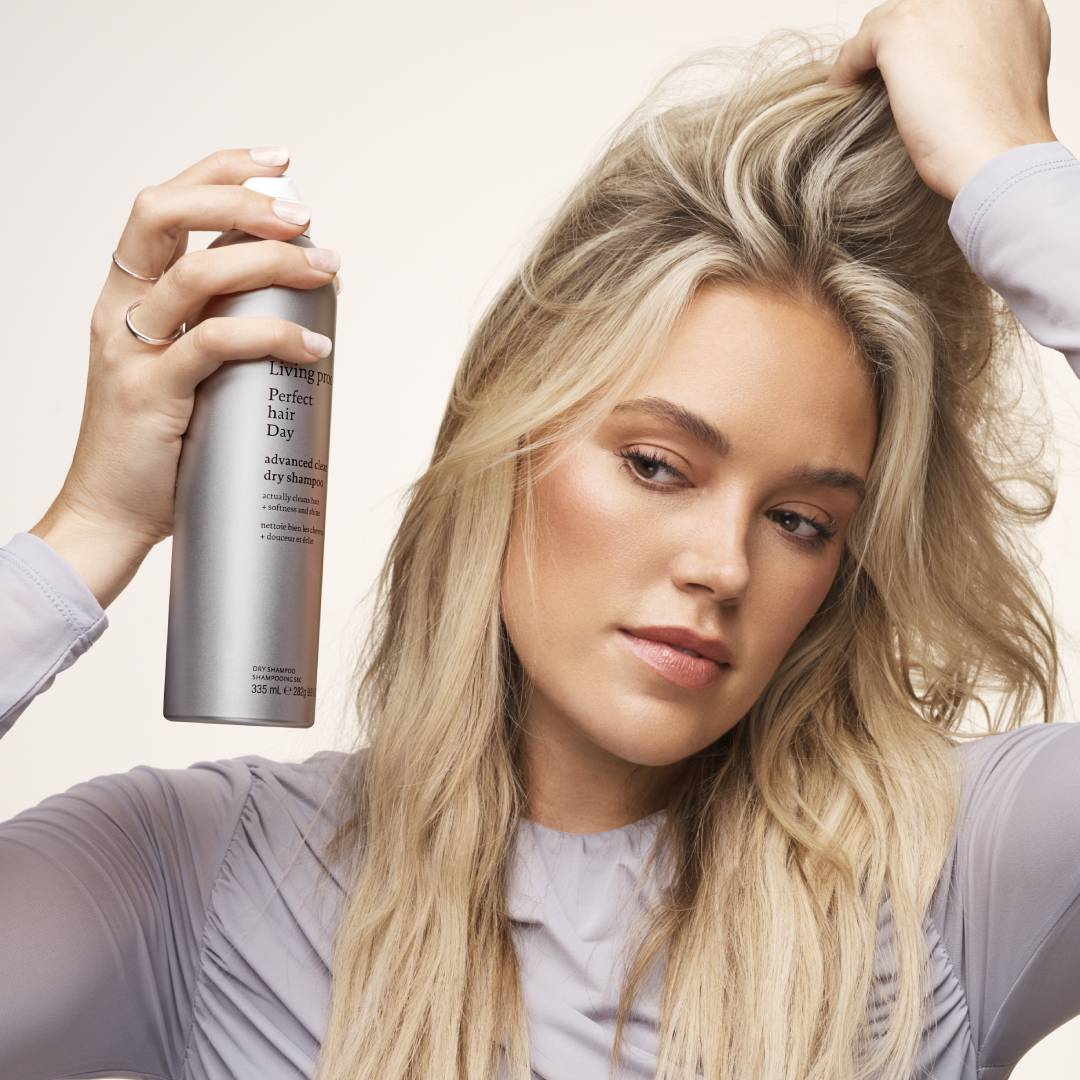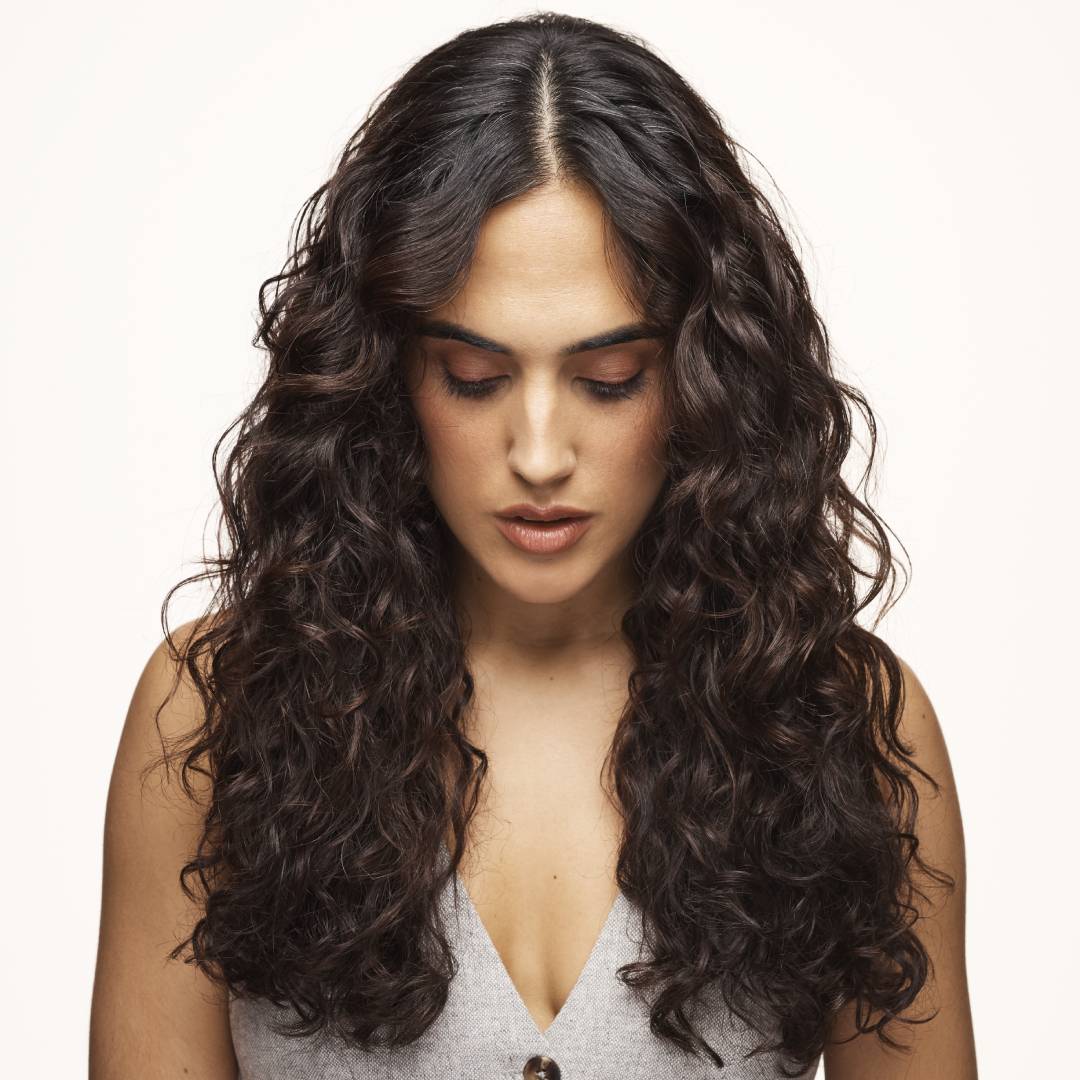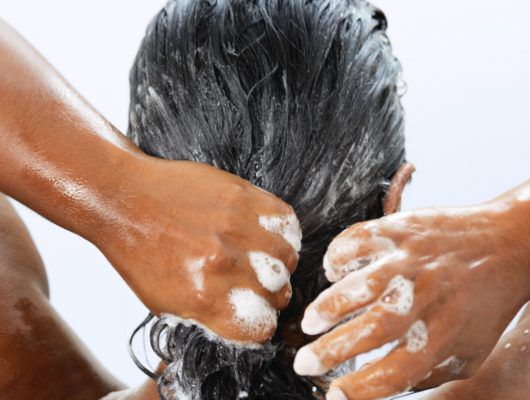
How often should you wash your hair? Complete guide
Determining how often you should wash your hair can be confusing. With so many factors influencing your hair's needs — hair type, environmental factors, product usage, etc. — finding the right balance is essential for maintaining healthy, beautiful hair. In this comprehensive guide, we'll explore the factors that impact shampoo frequency and offer actionable tips to help you find your perfect haircare routine for your unique hair type and lifestyle.
Factors that impact shampoo frequency
Your hair and scalp type is unique to you, which means your hair washing routine should be too. However, there are additional factors beyond hair type that should influence how often to wash your hair, such as:
- Hair type and texture – How often to wash your hair will largely depend on your hair type and texture. Oily hair will require more frequent washing, while dry, damaged, wavy, or curly hair should go a few more days between washes. In terms of hair texture, tightly-coiled type 1 hair requires extra hydration and can go days or weeks between washes. Others, like thin, straight type 1 hair, may get weighed down more easily by oil and require more frequent washes.
- Scalp oil production – Everyone’s scalp produces sebum (oil) that nourishes and protects, and your individual level of oil production should influence your hair washing routine. If you produce more oil, you should probably wash your hair daily or every other day.
- Styling routine and product use – The more hair products you use, the more likely you are to experience buildup. More frequent washes can assist in offsetting hair product residue, but you may be better off streamlining your styling routine by seeking out multipurpose products that accomplish more than one of your goals, such as offering both protection and shine.
- Heat or color treatment – Color-treated hair is more susceptible to damage and breakage, especially if it’s been dyed over a long period. Hair that is frequently blow dried, straightened, or curled can also gradually break down. “If you’re doing a blowout or using heated styling tools on it, the most important thing I tell people is to make sure your hair is super-clean when you start,” said Alli Webb, professional hair stylist and founder of Drybar. “Hair will last longer, look better, and you’ll need to use those stressors less often overall.” The solution here isn’t necessarily to reduce wash days, but you may want to seek out reparative formulas that can help restore hair and its resiliency.
- Lifestyle and environmental factors: How often you exercise and sweat, the climate you live and work in, environmental pollutants, and your water type can all impact how often you should shampoo your hair. Exposure to more of these factors will likely mean you need more frequent washing, and vice versa.
- Age and hormonal changes: As we get older, our scalps naturally produce less oil. This means that you will likely require less frequent shampooing.
How often to shampoo by hair texture + type
Knowing how often to shampoo hair will depend on a host of factors, such as your hair texture. Professional hairstylist Michael Van Clarke argues that knowing your hair type is as important as knowing your skin type. "Assess your hair type like you do your skin," he said. "Many of my clients are disappointed with hair products because eight out of 10 people do not assess their hair type properly when buying products."
Once you know your hair texture, you can look for the best types of shampoo for it and determine how often to wash it. Here are some general guidelines for how often you should wash your hair with shampoo based on hair texture:
- Fine or Thin Hair: Wash every 1–2 days
- Why? This hair type tends to get oily faster, so more frequent washes are recommended to keep your hair looking healthy.
- Medium Hair: Wash every 2–3 days
- Why? This hair type usually has balanced oil production, so you have more room for flexibility in your washing routine.
- Thick or Coarse Hair: Wash every 3–4 days or once a week.
- Why? Thick hair retains moisture longer, so it needs less support from a moisturizing shampoo or conditioner.
- *Curly or Coiled Hair: Wash once a week or every other week
- Why? This hair type thrives on its natural oils, so we want to avoid stripping them away with over-washing.
Remember—your hair texture is not the only factor that will determine how often to shampoo your hair. Age, density, hair type, product usage, lifestyle, color, and more can all increase or decrease how often you should be washing. Ideally, you’ll match your regimen with a formula that keeps your hair cleaner for longer so that you’re not causing unnecessary damage or creating imbalances with excessive washing.
How to maintain your hair between washes
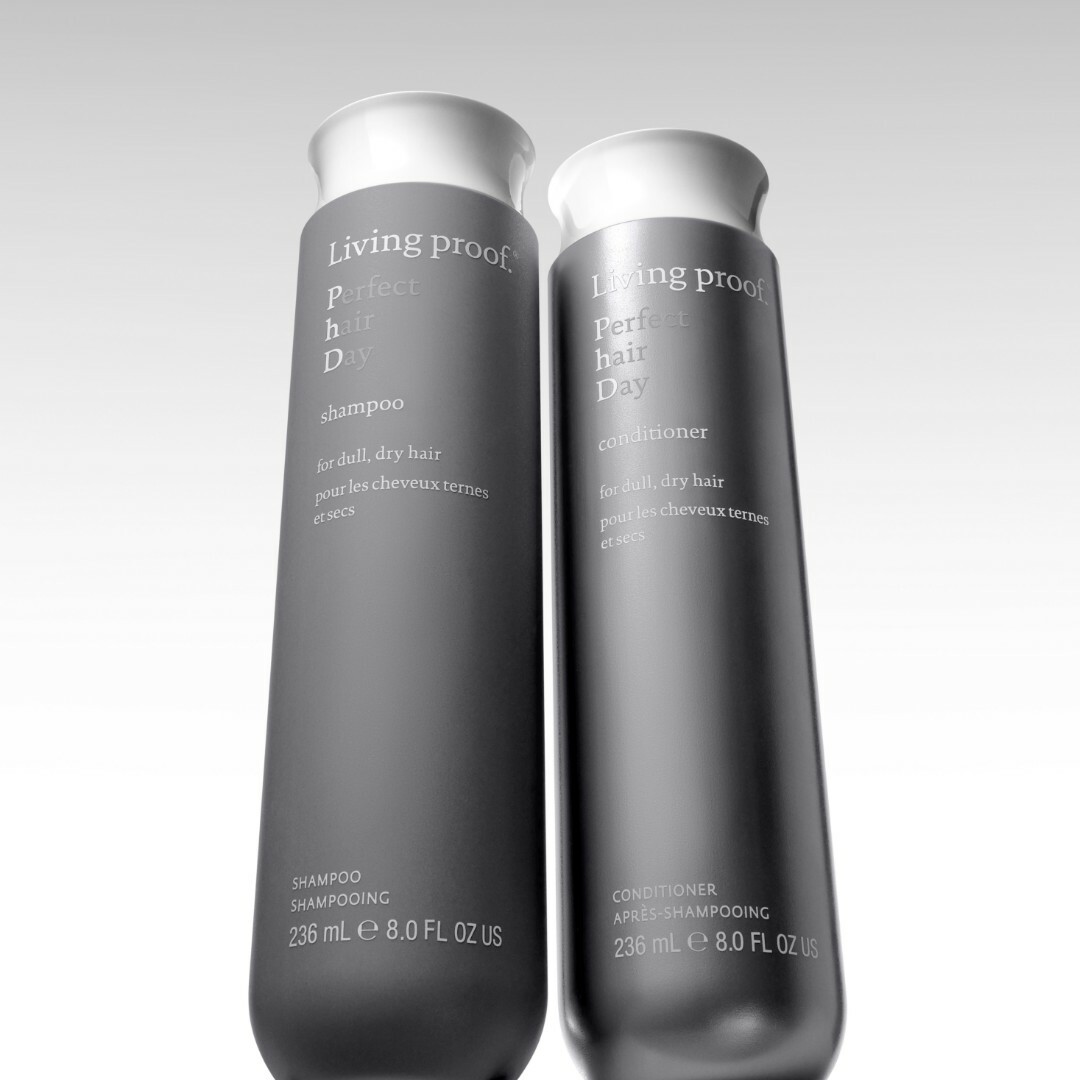
Maintaining hair freshness and health between washes can extend the life of your style while keeping your hair looking great. Following these tips will help keep your hair looking and feeling clean, soft, and nourished in the days between washes.
1. Dry Shampoo
High-quality dry shampoo absorbs excess oil, sweat, and odor, while refreshing hair, giving it a clean appearance without the need for washing.
2. Scalp Care
Try incorporating gentle scalp massages to stimulate circulation and reduce buildup between washes. You could also try scalp treatments to maintain a healthy scalp and prevent oil from weighing down hair.
3. Protective Hairstyles
Styles like braids, buns, and updos can help manage and mask unwashed hair, reducing the need for daily washing.
4. Avoiding Over-Touching Hair
Playing with your hair is a common habit, but try to cut back to reduce oil transfer from your hands, which can weigh hair down and make it look greasy.
5. Sleeping on Silk or Satin Pillowcases
Silk or satin pillowcases create less friction, prevent frizz and breakage while you sleep, and keep your hair looking smoother for longer.
Signs you're washing your hair too often
Washing your hair too frequently can have unintended consequences on both the hair and scalp. “Washing your hair too often can make the hair dry and brittle and lead to irritation of the scalp,” says Dr. Joshua Zeichner, director of cosmetic and clinical research at Mount Sinai Hospital's department of dermatology.
While it's important to keep hair clean, understanding the signs of over-washing can help you adjust your routine. Determining the perfect balance is crucial for maintaining a balanced, healthier scalp and hair.
- Dry, Brittle Hair: Overwashing strips your hair of its natural oils, leading to dryness and brittleness. This can cause your hair to feel rough and look lackluster.
- Dry or Flaky Scalp: Excessive washing can irritate the scalp, leading to dryness or flakes. This occurs when natural oils are removed too frequently, causing your scalp to lose moisture and you to need a scalp moisturizing treatment.
- Increased Oil Production: When you wash your hair too often, your scalp may overcompensate by producing more oil to make up for the loss, leading to greasier hair sooner.
- Faded Hair Color: Frequent washing can cause color-treated hair to lose its vibrancy more quickly, especially if you don’t use color-safe shampoo. The harsh effects of shampooing too often can strip away color, making it appear duller.
- Itchy Scalp: Lack of natural oils can lead to discomfort, including an itchy, irritated scalp. Without enough oil to keep the scalp moisturized, it can become sensitive and prone to itching.
FAQs
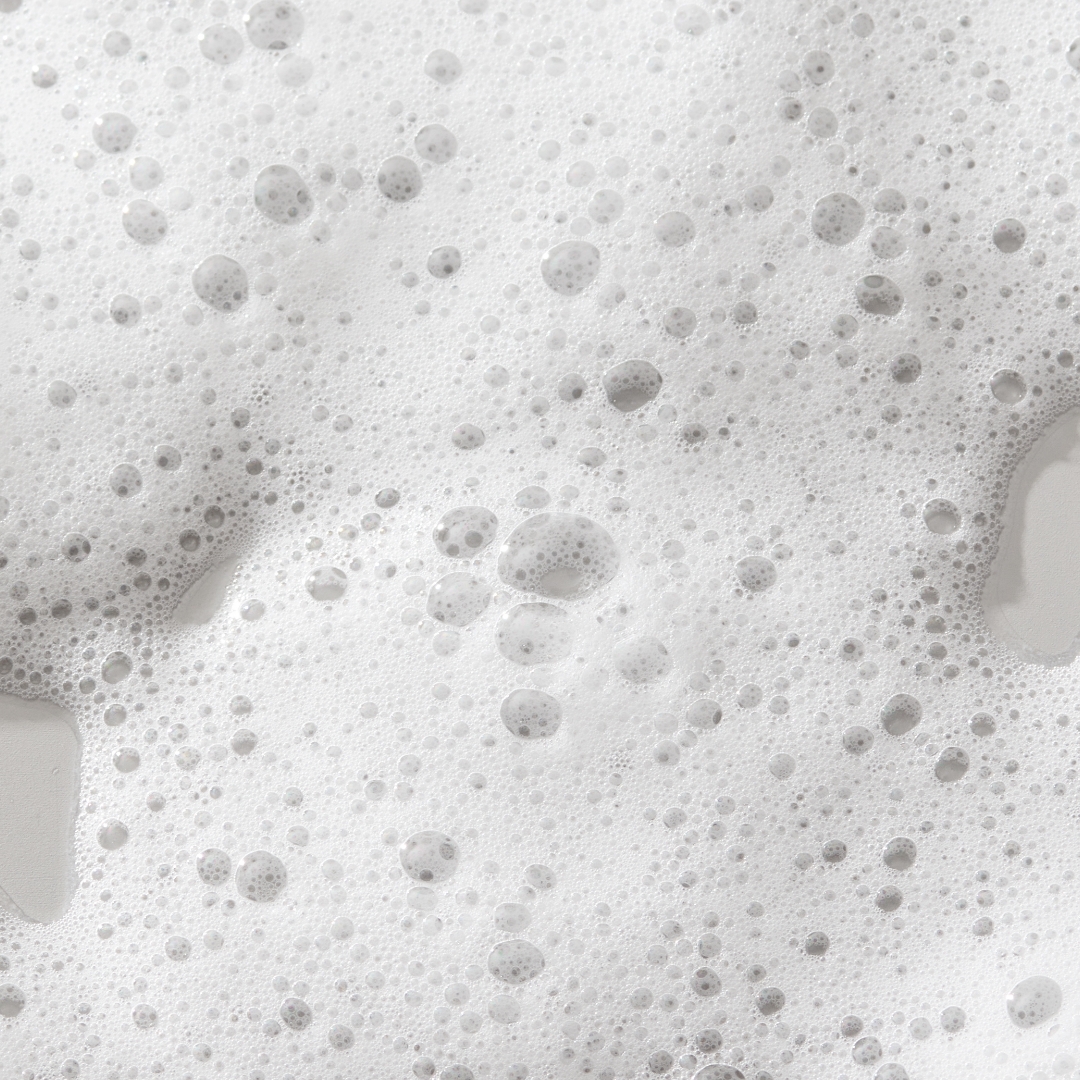
Is it bad to wash your hair every day?
Washing your hair every day isn’t necessarily “bad,” but it can contribute to some undesirable outcomes. In fact, one good round of double shampooing for the week may serve your hair more benefits than washing it every day. Hair that undergoes frequent washes tends to overproduce sebum and oil, which can make your hair appear and feel dirtier with a quicker turnaround.
Instead of lathering up, try opting for dry shampoos to give your hair a break while minimizing a greasy hair appearance. You could also experiment with using dry moisturizers between washes to combat frizz while it’s coming back to equilibrium.
How long is too long between washes?
The most obvious way to know if it’s been too long is by reading the signals your scalp is already sending you. If you are consistently experiencing a dry scalp, you may need a clarifying detox shampoo to bring your hair back into balance. Take a few days before washing again, but also be sure to swap your shampoo protocol for a solution that delivers both cleansing and scalp conditioning.
Can I just rinse my hair with water between washes?
You can definitely rinse your hair between washes, but just understand that water alone will not cleanse your scalp or hair. Try using dry shampoo between wash days if you are looking to truly refresh your hair.
How can I keep my hair cleaner longer?
Opt for shampoos with gentle cleansing formulas that won’t strip your hair or scalp of natural oils. Avoid sulfates, a type of surfactant that can strip the hair shaft of hydration and irritate the scalp. Choose silicone-free shampoos and conditioners, since silicones can build up over time, attracting dirt and making your hair appear oilier. Pick up a dry shampoo to absorb any excess oil in between wash days.
No matter how long you go between washes, it’s critical to use a shampoo that both removes residue and gives support to the scalp, fostering healthy hair growth and improving the condition of the hair cuticle.
Does not washing hair help it grow?
No, not washing your hair does not have any impact on how quickly your hair grows. The same goes for washing, which also doesn’t speed up the hair growth process.
Is conditioner necessary every time?
Conditioner is an essential element in your haircare routine, and it is usually necessary every time you shampoo your hair. This is because shampoo’s purpose is to remove buildup and excess oil, but conditioner is designed to restore moisture to your hair, improving strength and overall health.
Optimize your hair washing routine with Living Proof
Finding the right balance in your hair-washing routine can significantly — and positively — impact the health and appearance of your hair. And while your washing schedule is arguably the most important aspect, the products you use is easily next in line.
At Living Proof, every bottle is formulated to be gentle enough to use across the spectrum of hair textures. Across our diverse product line, you can find customized solutions designed to address various hair needs, all formulated with gentle, sulfate-free (SLS and SLES) and silicone-free ingredients.
Not sure how to choose a shampoo? Use our personalized haircare routine finder to receive your custom product recommendations tailored to you and your unique lifestyle.
- Harper’s Bazaar. How often should you actually wash your hair? https://www.harpersbazaar.com/uk/beauty/hair/a31467239/how-often-should-you-wash-hair/
- WebMD, How Often Do I Need to Shampoo? https://www.webmd.com/beauty/features/how-often-wash-hair
- TODAY, How often should you really be washing your hair? We asked the experts. https://www.today.com/shop/how-often-should-i-wash-my-hair-t125276
Related Articles
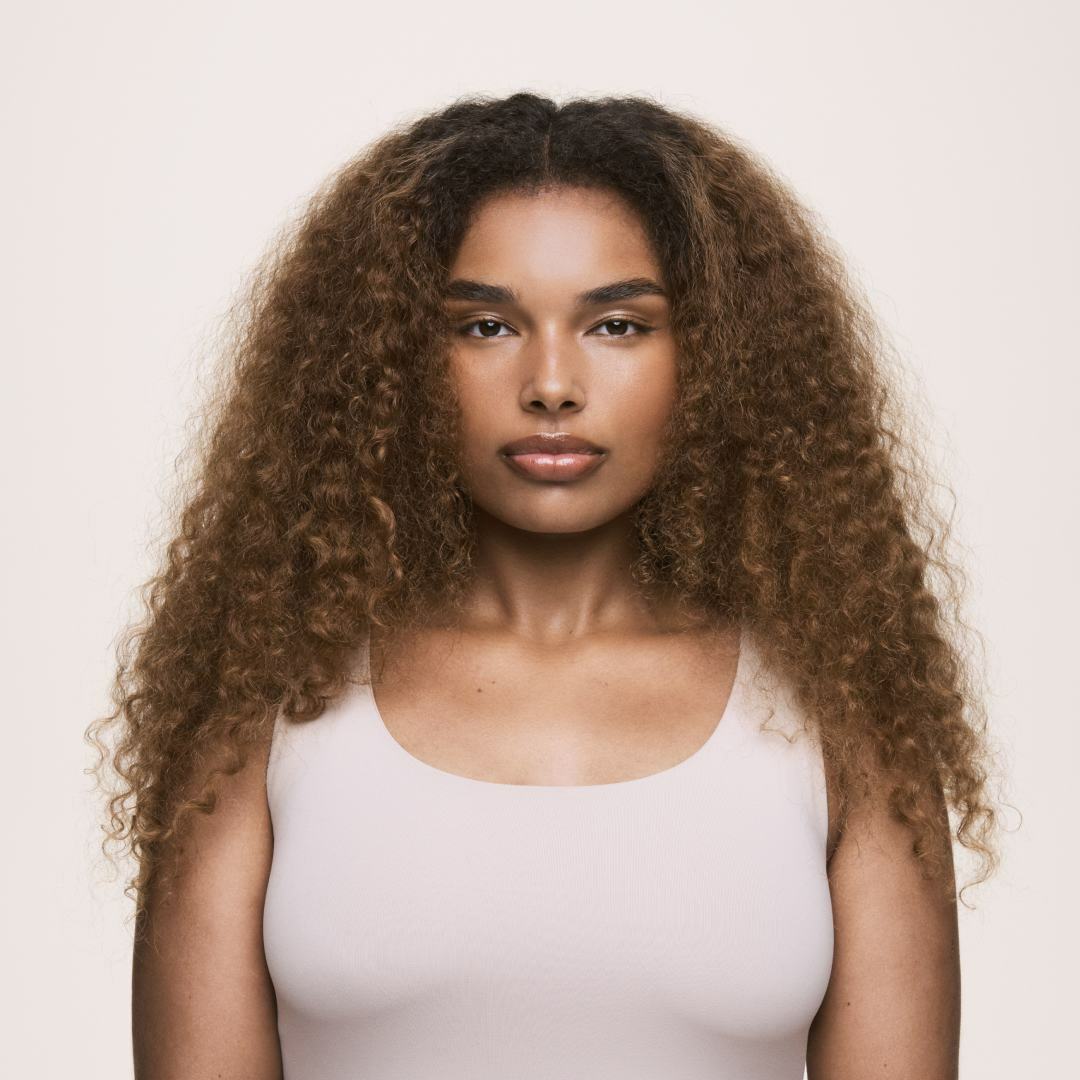
Which conditioner is right for your hair type? [expert advice]
Read More

